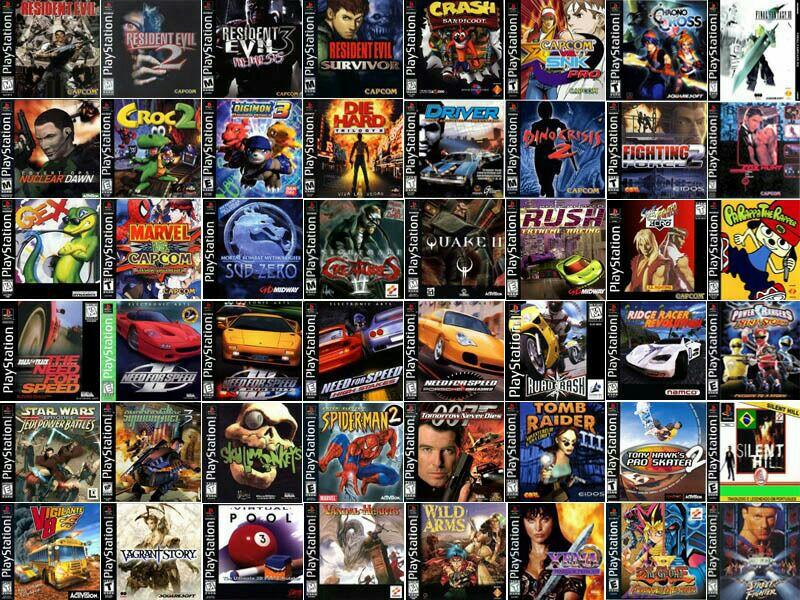You’d have to have been living under a rock over the past year not to have seen the phrase ‘metaverse’ bandied about, and the concept that is being proposed could potentially change the way we act and interact online forever—a sort of open-world social media platform in which our every move is acted out by a carefully-curated avatar.
Of all the metaverse projects that are being developed, it’s gaming that could enjoy much of the early attention, not least thanks to the open world potential that exists. Microsoft’s $68 billion purchase of Activision has been ratified by the tech giants with that aim in mind. For better or worse, they are likely to be at the forefront of developing the first truly open-world title for the next generation of gaming.
Breaking News: Microsoft agreed to buy the video game maker Activision Blizzard for $68.7 billion, its largest takeover ever and a big bet on the metaverse.https://t.co/dDofndd8yW
— The New York Times (@nytimes) January 18, 2022
The metaverse will also help to power play-to-earn titles that are accessible to all, not just crypto bros. Former Reddit chief Alexis Ohanian believes that ‘90%’ of all games played will be P2E within five years, and so to that end, the meta realm will offer new and exciting opportunities to gamers to turn their hobby into a paying side hustle.
However, the kinship between the metaverse and gaming might not be a wholly positive one.
Attack of the Ads
For many, gaming is a sacrosanct hobby where they cannot be disturbed by ‘real world’ forces.
But given the commercialization of, well, pretty much everything these days, it seems almost impossible to imagine that metaverse gaming won’t feature advertising and branding on a major scale.
One of the major features of the meta realm will be our individual avatars. Just like in the real world, there will be an interest in kitting out our virtual selves with the hottest designer gear and the latest must-have accessories.
A number of firms are already involved, with the likes of Louis Vuitton, Gucci, and Balenciaga creating accessories and skins for meta avatars, while digital billboards will likely make their way into the metaverse realm with clickable links taking gamers directly to the online store of the firm in question.
Whole cities will be built in the metaverse, and as a consequence, that means shopping malls too. So, as you traverse your avatar around this environment, you will be bombarded with neon nightmares at every turn. With all due respect to those involved, check out the hook-up between Pokémon (yes, that’s not a typo) and department store Selfridges, entitled Electric/City, as just one early example.
New exclusive collaboration incoming for #Pokemon25! 👕
Spot Pikachu hidden on garments in the Electric/City metaverse, in @CharliCohen’s exclusive streetwear collection at @Selfridges. pic.twitter.com/QJ9D6wYoEv
— Pokémon UK (@PokemonNewsUK) October 5, 2021
Gaming is a sector that has, by and large, resisted the urge to turn to advertisers as a secondary revenue stream, shoehorning brandable content into their latest console and PC releases. Instead, many developers have taken a wry approach to advertising—GTA’s creation of the fictional ‘Sprunk’ drinks brand is a fine case in point. Electronic Arts have even publicly denied they will be using video ads in their forthcoming titles.
Of course, games companies have to market their latest releases to the buying public. This is commercialized art, after all, but they do this in a way that generally adds value to the player’s experience. Fortnite, FIFA, and Call of Duty have all enjoyed success with viral ad campaigns, while game providers like online casinos offer bonuses like this one to welcome players to their brand and allow them to try out their variety of games.
The metaverse will hold untold opportunities for gamers, and finally, we may get to experience that all-encompassing VR/AR environment that has been dreamt about since the days of Blade Runner and Tron. But at what cost? Hopefully, not as a replication of the real world in which almost everything has been commodified and turned into one huge living, breathing advertisement.




